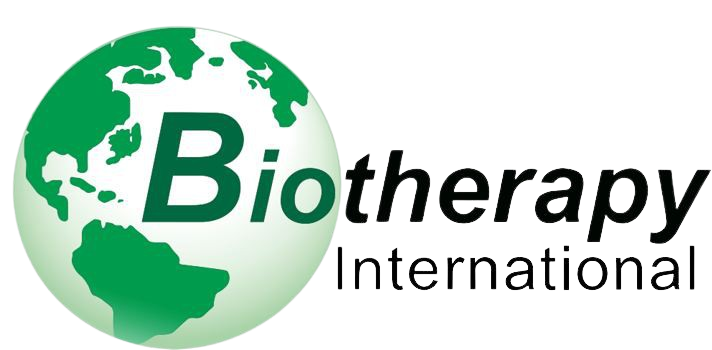Amyotrophic lateral sclerosis (ALS) is one of the worst neurodegenerative diseases. It is also known as “Lou Gehrig’s disease” or “lower motor neuron disease”. The cause of ALS is unknown, and no effective treatment exists for patients with rapidly progressive ALS. Most patients with ALS belong to the subgroup known as sporadic ALS, while around 5-10% of cases belong to the group of familial ALS.
This disease causes a progressive loss of motor function due to degeneration of the neurons that activate the muscles. It results in the degeneration of all muscles under voluntary control, and eventually involves the muscles that operate respiration. In addition to lower motor neurons, ALS results in neurodegeneration of upper motor neurons located in the motor cortex of the brain, but patients remain conscious and fully aware of their condition as it rapidly deteriorates until the very end.
Symptoms of ALS
During its early stages, ALS appears as muscle spasms, stiffness, and muscle weakness. These symptoms appear with increasing frequency and severity, followed by progressive muscle wasting starting with upper or lower limbs and shortness of breath when muscles responsible for respiration are involved.
Sometimes, motor neuron loss due to ALS results first in difficulties swallowing fluids, difficulty speaking, or in expressing certain words. This is known as the bulbar onset of disease. As the disease progresses, patients will lose the ability to walk, eat, speak, and grab objects, until they are completely immobilized, totally dependent, in need of oxygen support but fully conscious.
Traditional Treatment of ALS
Currently, there are only two medications approved for the treatment of ALS: Riluzole and Denaverine. Both medications have shown the ability to moderately slow down the disease. However, none of these agents seems to be of major help. Accordingly, ALS is still considered an incurable disease and patients may only partially benefit from symptomatic treatment. Treatment of ALS still remains an unmet need.
Use of Mesenchymal Stem Cells for Treatment of Amyotrophic lateral sclerosis
Unlike most other neuroinflammatory disorders, patients with ALS often show only limited improvement, possibly slowing disease progression after treatment using mesenchymal stem cells (MSCs).
Nevertheless, a small fraction of patients have managed to reverse some of the neurological deficits caused by MSCs. Some with very advanced forms of the disease seem to slow disease progression, extending their life expectancy. Accordingly, due to a lack of better alternatives, patients with ALS often opt for treatment with MSCs due to its high level of safety.
Since MSCs can be differentiated in the laboratory into motor neurons, in addition to turn off the secondary inflammatory reactions that damage neurons, the hope is that in the future it may be possible to use MSCs to regenerate the damaged neuromuscular compartment. This may be done either by using MSCs differentiated into motor neurons and muscle cells, or by inducing the in vivo differentiation of MSCs.
In any event, some of the supportive effects following treatment of ALS patients with MSCs may stem from anti-inflammatory effects, since secondary inflammatory reactions usually follow every serious tissue degeneration. At Biotherapy International we are planning to investigate the potential benefits of combining cellular therapy with the three supporting devices that may activate neurons and enhance the regenerative capacity of multipotent stem cells: deep transmagnetic stimulation (dTMS), low energy laser light therapy (LLLT), and low energy acoustic shockwave therapy (AST).

